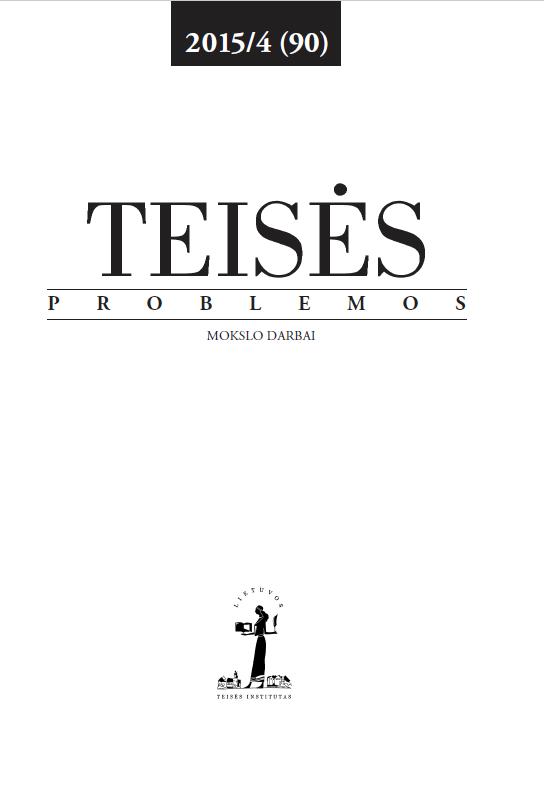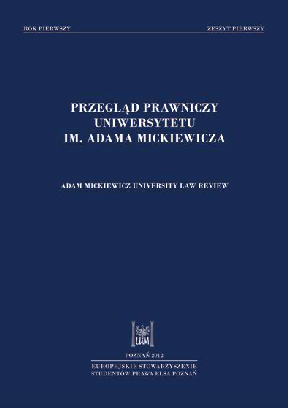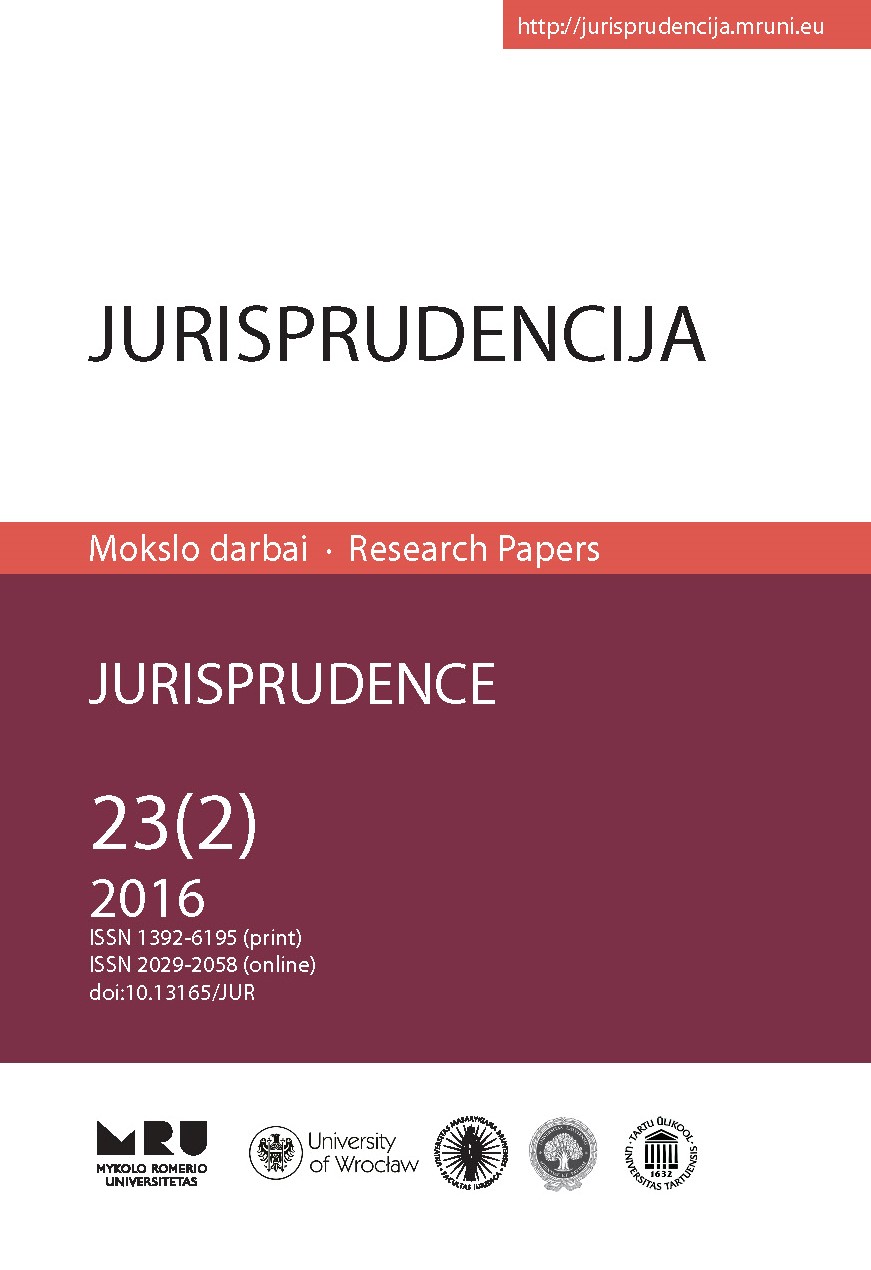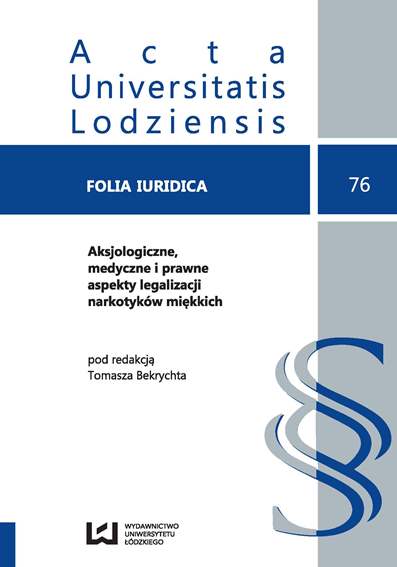Author(s): Dragan Jovašević / Language(s): Serbian
Issue: 74/2016
Although contemporary criminal law accepts the system of subjective criminal liability for a committed crime, numerous European legal documents as well as criminal laws, especially those that have been adopted lately, envisage exceptions from this system. Thus, a new form of criminal liability is being introduced: objective liability based on the causation. One of the forms of objective liability is the criminal liability of legal entities, which has been considered disputable for a long time.
Obviously, legal entities cannot be held accountable for all types of criminal offences. They cannot be held liable on the grounds of legal provisions regarding mental competence and culpability (as the elements of subjective criminal liability), nor can they be imposed all types of criminal sanctions recognized in criminal legislation in general. In their new or revised criminal legislation, many countries have recognized and inagurated the objective criminal liability of legal persons for committed criminal offences alongside with the predominant system of subjective liability (based on the perpetrator's mental competence and culpability). It is indisputable that some legal entities (such as state authorities) cannot be prosecuted and held liable in criminal proceedings; consequently, there are some exemptions from criminal liability (particularly when it comes to the state and state bodies), but it does not exclude criminal liability of responsible officials (natural persons) for causing the consequences of a criminal offence.
Due to the specific character of legal and contractual capacity of legal entities, law in general and criminal legislations in particular prescribe special legal grounds for establishing criminal liability of legal entities, which differ from the subjective liability of a natural person (perceived as a conscious and reasonable human being acting on his/her own free will) where the consequence of a criminal offence is a result of one's own conduct embodied either in the commission of a criminal offence or in the omission to act. Therefore, contemporary criminal laws have determined special types of criminal sanctions, such as: punishment, security measures, conditional (suspended) sentence and confiscation of material gain obtained by comitting the criminal offence, as well as the instruments, proceedings and conditions under which they may be imposed. Within the framework of the forthcoming reform of the entire penal legislation in the Republic of Serbia, the Serbian legislator may use the legal solutions envisaged in the analyzed documents and criminal legislations as a solid model for implementing the international standards in the field of criminal liability of legal entities. Hence, this paper discusses the particularities governing the application of criminal sanctions for legal entities in the Republic of Serbia, particularly as an instrument of crime control.
More...









